Interview with Adriana Borriello by Gaia Clotilde Chernetich
Descrizione
La studiosa di danza e drammaturga GAIA CLOTILDE CHERNETICH intervista la coreografa italiana ADRIANA BORRIELLO, il cui lavoro è caratterizzato da una profonda attenzione alle strutture ritmiche di musica e danza e da un approccio antropologico alla danza, che la coreografa ha sviluppato, in particolare, tra il 1997 e il 2006. A partire dai ricordi delle prime esperienze che hanno plasmato le scelte professionali di Borriello come studentessa di danza con l'obiettivo di diventare una danzatrice e poi una coreografa, la discussione ruota attorno alla sua visione della memoria della danza, alla questione della trasmissione e allo sviluppo del suo approccio all’insegnamento. La trasmissione e la memoria della danza sono, nel lavoro di Borriello, intrecciate con la pedagogia della composizione coreografica intesa anche come strumento di ricerca delle sue opere coreografiche. In questa prospettiva, Borriello commenta le responsabilità dell'insegnante di danza il cui ruolo trasformativo è quello di collegare la tecnica e il pensiero coreografico con l'estetica, la politica e l'etica del tempo presente. Inoltre, Borriello considera la memoria individuale come un elemento che tutti portano come contributo alla memoria collettiva dell'umanità, e pone questa idea al centro della sua filosofia artistica e didattica. Attraverso questa lente, la riattualizzazione delle opere della coreografa appare come un processo che dà nuova vita ai materiali coreografici del passato, così che questi possano, pur restando fedeli alla performance di origine, restano aperti a nuovi processi di trasformazione.
DOMANDE:
[00:00:18] Come ricordi la tua prima esperienza nella danza? Come ha informato il tuo approccio alla coreografia?
[00:10:15] Com'è stato il tuo primo approccio alla coreografia?
[00:17:44] Come consideri la questione della trasmissione di danza?
[00:31:34] Se ti dicessi che “la trasmissione è una forma di approfondimento della memoria” saresti d’accordo con me?
[00:34:39] Come posizioneresti il tuo lavoro nella geografia contemporanea della danza?
[00:40:24] Archivi il tuo lavoro?
[00:45:44] In che rapporto si trovano archivio e memoria nel tuo lavoro?
[00:47:10] Pensi che si dovrebbe aggiornare la nozione di "coreografia"?
[00:54:27] Come consideri la spettatorialità nel tuo lavoro?
[00:56:43] La memoria può essere attivata come strumento e come relazione?
[01:07:34] Nel tuo lavoro, c’è spazio per la nostalgia?
[01:09:52] La memoria può esaurirsi?
Luogo/Tempo
Roma
3 marzo 2020
Formato
video/quicktime (866.30 MB PT1H13M29S)
Soggetto
• Antropologia ; Archivi ; Composizione ; Coreografia ; Corpo-archivio ; Matrice ; Memoria ; Movimento ; Musicalità ; Partitura coreografica ; Ritmo ; Tai Chi ; Taoismo ; Tecnica ; Trasformazione ; Trasmissione ; Accademia Nazionale di Danza ; Belgio ; DA.RE. ; Francia ; Mudra ; Napoli ; Civica Scuola Paolo Grassi ; Teatro San Carlo ; Allegro, vivace, mais pas trop ; Beltà, poi che t’assenti ; Chi è devoto ; Di me in me ; Duo Goldberg ; Il corpo antropologico (Processione, Rosario) ; Kyrie ; Midi – Minuit ; La Gatta Cenerentola ; Scirocco ; Tammorra ; Maurice Béjart ; Pina Bausch ; Merce Cunningham ; Ada D’Adamo ; Roberto De Simone ; Anne Teresa De Keersmaeker ; Pierre Droulers ; Rudolf von Laban ; Fernand Schirren ; Rosas


 è un servizio del
è un servizio del